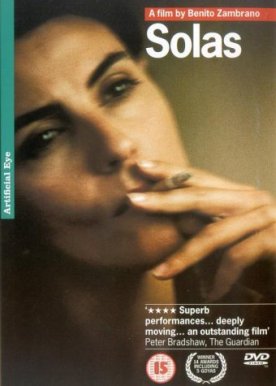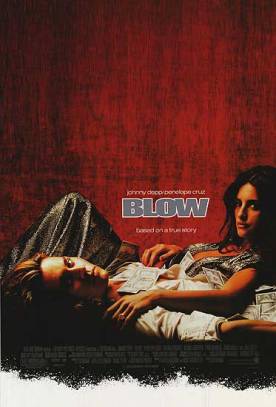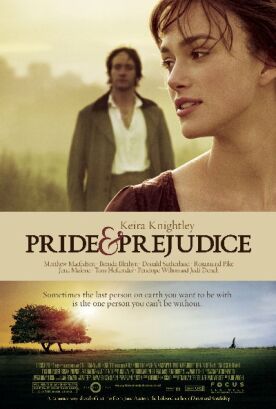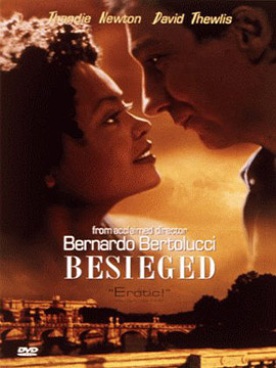Happiness
Happiness, written and directed by Todd Solondz (Welcome to the
Doll’s House), is a
sort of twin of Neil Labute’s Your Friends and Neighbors. Both these
young, independent filmmakers are reacting against Hollywood fakery and
sentimentality by presenting us with horrifyingly funny looks at the sexual
manners and mores of late-century America. What Jason
Patric’s jaw-dropping confession of
the rape of
“Timmy”
was to Your Friends and Neighbors, the wrenching scene between the
pedophiliac doctor, played by Dylan Baker, and his 11-year old son, Billy (Rufus
Reed) is to Happiness. Billy, having learned of his father’s rape of two
of his school friends, catechizes him: Did he do it? Yes. What did he do,
exactly? He f***** them. What was it like? It was great. Would he do it again?
Yes. “Would you ever f***
me?” asks Billy, finally arriving at
the last horror of all. His father hesitates.
“No,”
he says. And then, after a long pause he adds:
“I’d
jerk off instead.”
These two moments of absolute seriousness in the two films, both of which are
otherwise meant to be funny, seem to me to be attempting the same thing, to
remind us of what sex farce always tends to make us forget—namely, the
ridiculousness into which our sexual desires regularly lead us is also a
disguise for the ghastly psychic injuries they so often inflict at the same
time. In both films, a lot of the humor comes from
people’s self-dramatization of their
injuries and sense of grievance against sexual partners or the world in general.
But we must try not to forget that there are also real injuries, and perhaps
even that the pretend and imaginary and hyped up injuries are at bottom damaging
to us in irreparable ways.
The movie is loosely structured around the lives of three sisters in New York
and New Jersey and their parents, who now live in Florida. It begins with the
most sympathetic sister, Joy Jordan (Jane Adams) breaking up with a boyfriend,
Andy (Jon Lovitz) who has not worked out. This happens over dinner and Andy
takes it badly, to put it mildly. For Joy,
Andy’s increasingly angry and
defensive behavior is a nightmare of embarrassment; for us it is also funny.
When she turns to her sister Trish (Cynthia Stevenson) for comfort, she is
further insulted. Trish, married to Dr Bill Maplewood (Mr Baker), is intolerably
smug about “having it
all” and outrageously patronizes her
sister. She tells her that “We
all—Mom, Dad, Helen, me—thought
you’d amount to nothing, that you were
a loser,” but now they think she might be all right after all.
Naturally, more sexual humiliation is in store for Joy, whose name suggests
the ingenuous enthusiasm (but complete lack of musical talent) with which she
continues to write and sing upbeat folk songs about love. A Russian cab-driver
called Vlad (Jared Harris) at first seems sweet and considerate to her, but as
soon as she has slept with him he turns into a monster to make the
passive-aggressive Andy look like Prince Charming. But fate is slipping the lead
in the boxing glove for Trish too, as her perfect life comes apart with her
husband’s arrest, and the third sister, Helen (Lara Flynn Boyle) is being
stalked by a pathetic character called Allen (Philip Seymour Hoffman) who is
himself the object of the attention of an obese neighbor, Kristina (Camryn
Manheim), with her own ghastly secret to reveal.
Like Mr LaBute’s film, it is all enough to make you want to take vows of
chastity, but, unlike Mr LaBute, Mr Solondz includes a spokesman for himself in
the film, the girls’ father Lenny Jordan (Ben Gazzara), who has announced that
he wants a separation from their mother (Louise Lasser). Both of them are
miserable in the marriage and expect to be miserable out of it. Their Florida
retirement community is an even more hideous wasteland than what they left
behind in New Jersey, and Lenny is hilariously looking forward to his own death.
After his doctor tells him, much to his chagrin, that he might live another 35
years, he looks with longing on a fellow golfer who makes a quick exit by heart
attack on the golf course one day. The doctor says
there’s not a thing wrong with him if
he stays off the salt, and we see him, in the
film’s final scene, furiously salting
his food as his grandson, Billy, announces in a memorably comic fashion the
onset of his sexual maturity.
Much of this very depressing film rings true, but not that final detail. Not
quite. The wanton destruction of innocence is indeed a melancholy fact of life
in our time, but it’s not the whole story, and both Solondz and LaBute would
have done better to have offered us at least a few images of love and wholesome
sex just to remind us that these things have not been abolished. Yet.
Discover more from James Bowman
Subscribe to get the latest posts to your email.








